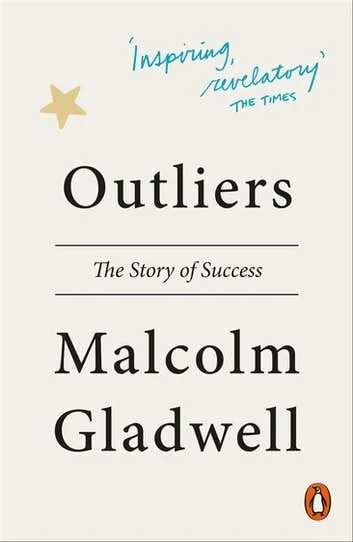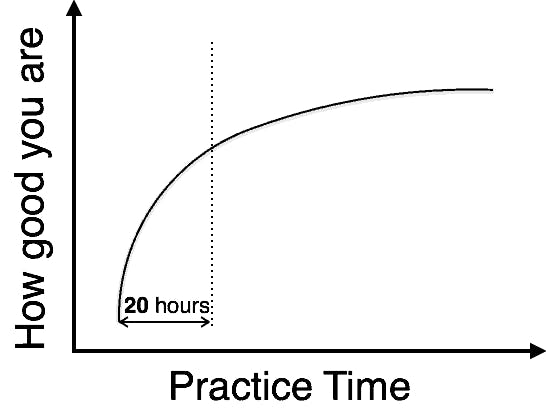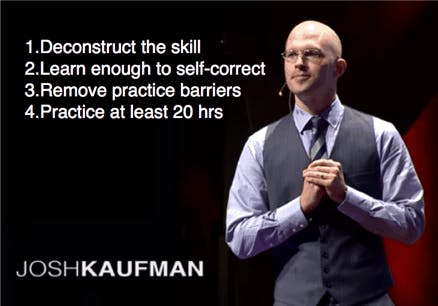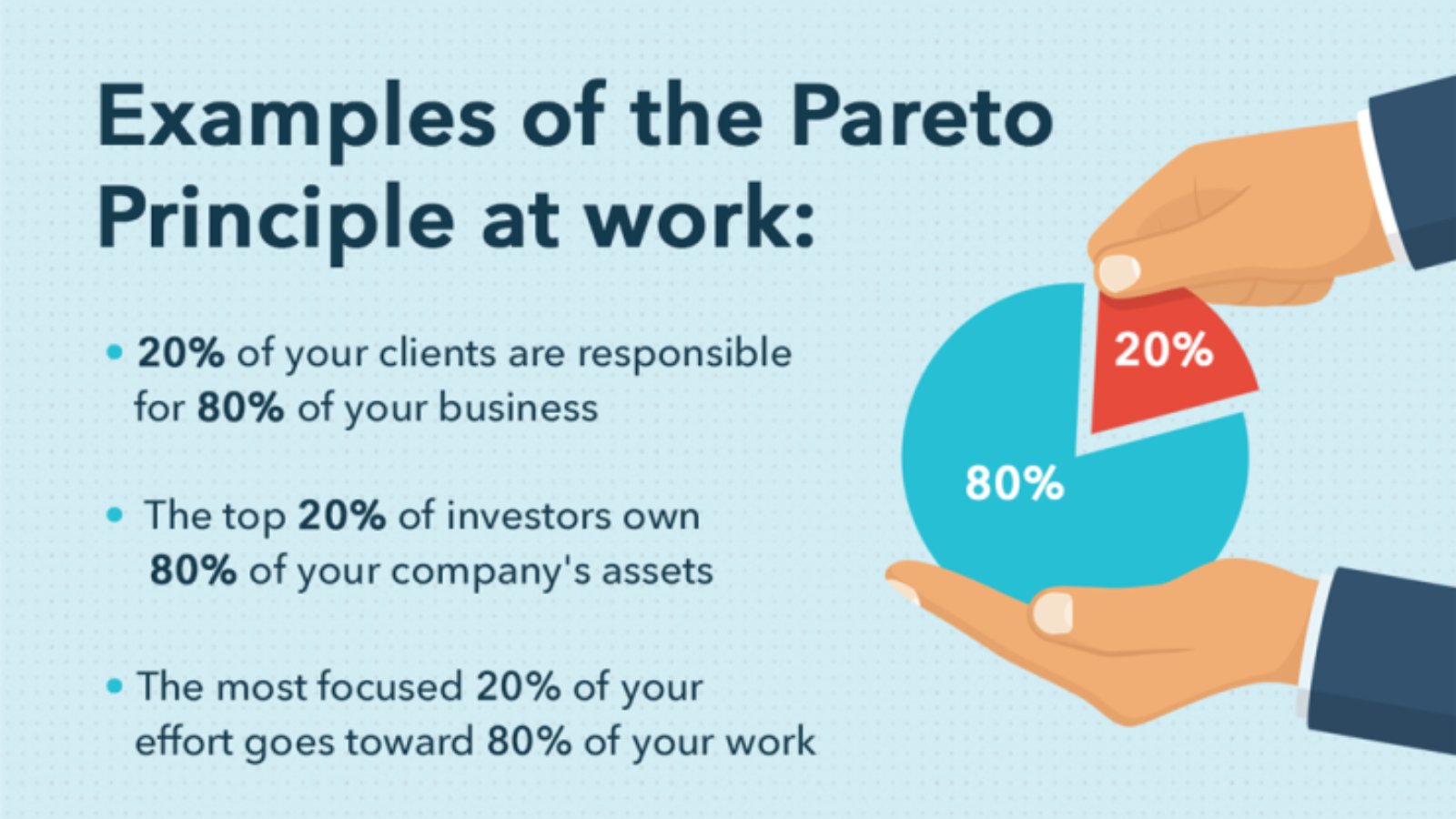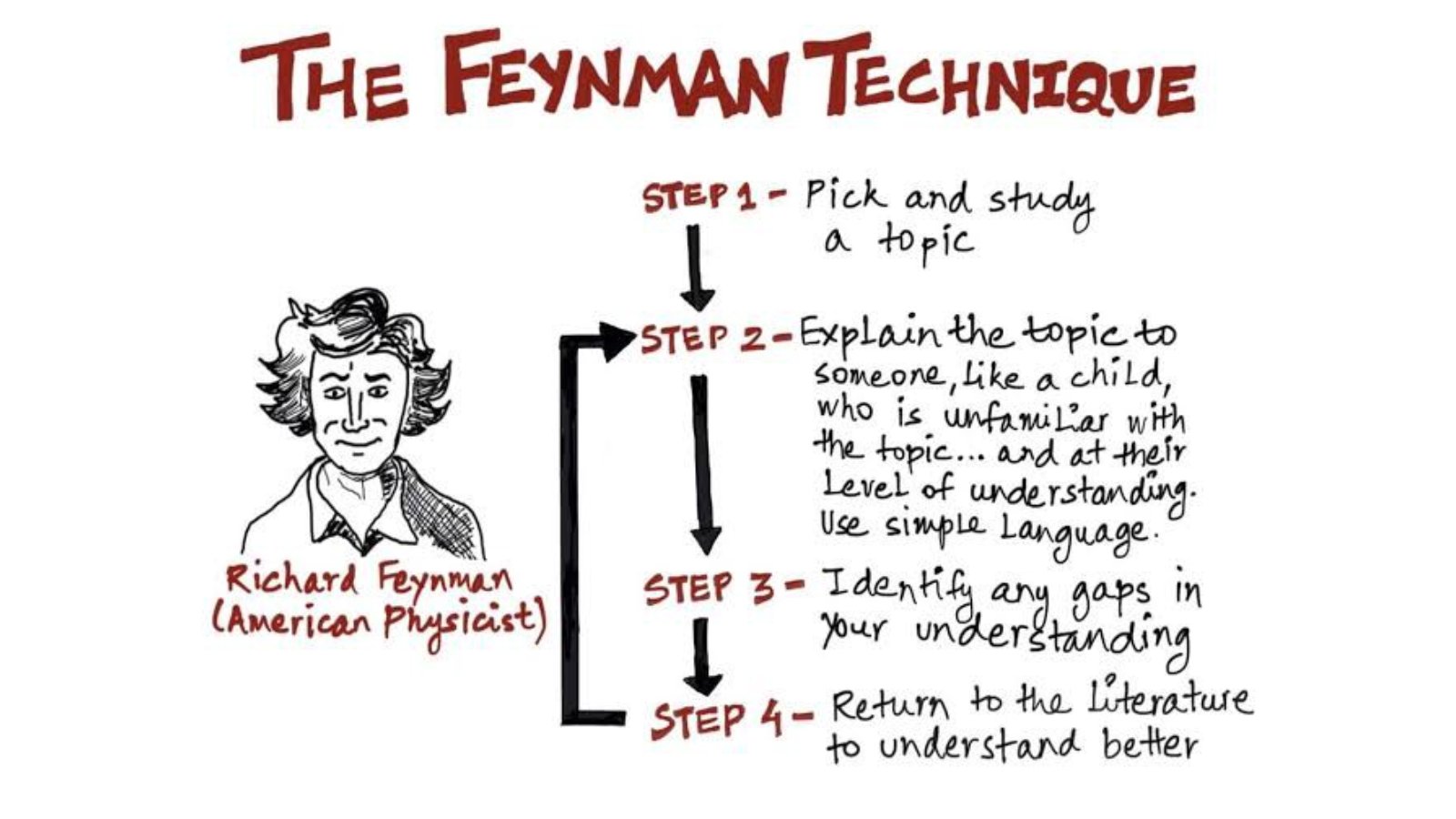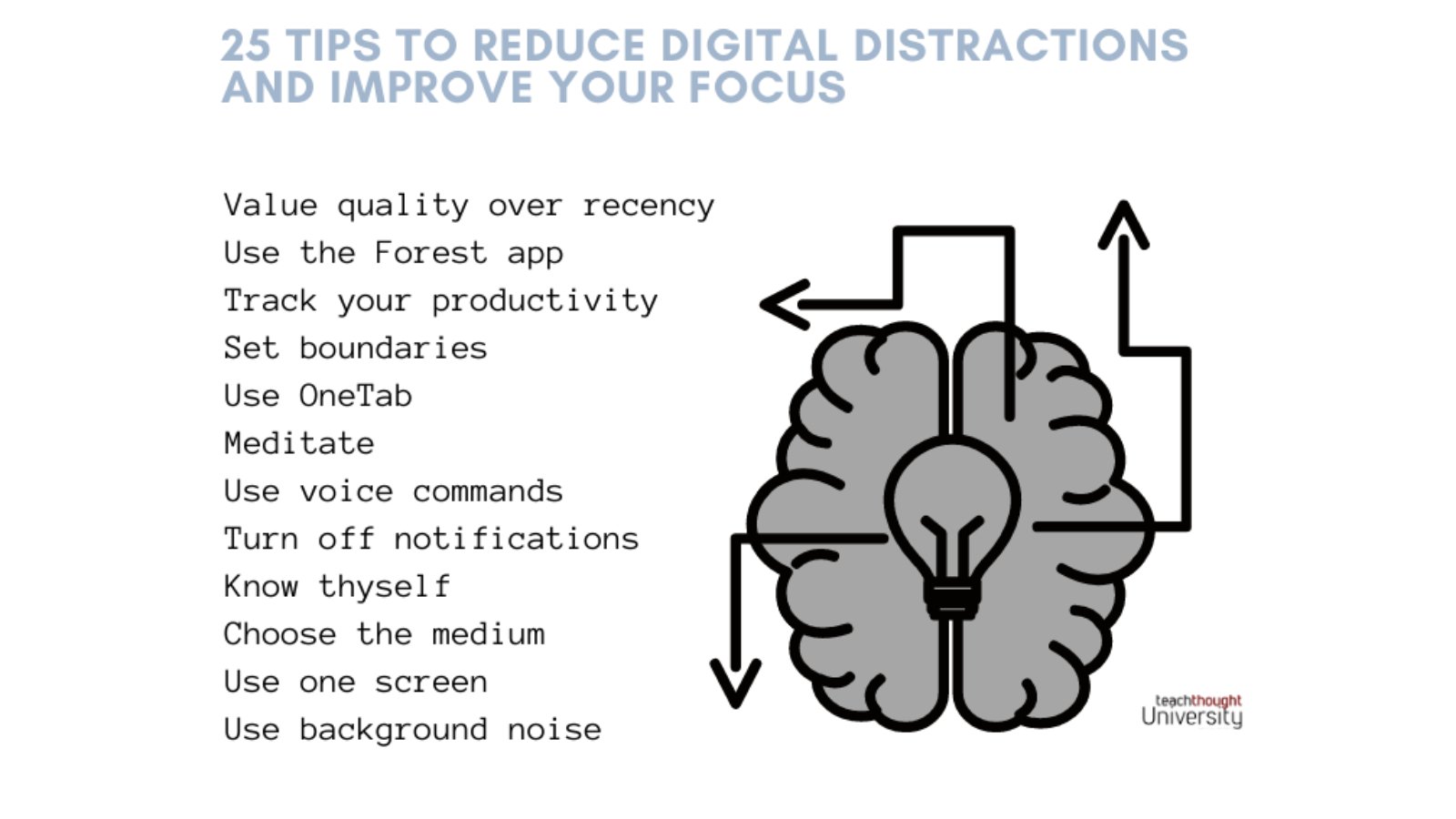Thread
How to learn anything in 20 hours:
Fuck the 10,000-Hour Rule.
Sorry for cursing.
But really.
I remember reading Malcolm Gladwell's book "Outliers" a few years after it came out, and having two thoughts upon completing it:
1. Wow, that was a great book.
2. I'M SCREWED.
Sorry for cursing.
But really.
I remember reading Malcolm Gladwell's book "Outliers" a few years after it came out, and having two thoughts upon completing it:
1. Wow, that was a great book.
2. I'M SCREWED.
In the book.
Gladwell highlights a concept from researcher Anders Ericsson called the 10,000-Hour Rule:
"The key to achieving true expertise in any skill is simply a matter of practicing, albeit in the correct way, for at least 10,000 hours."
Gladwell highlights a concept from researcher Anders Ericsson called the 10,000-Hour Rule:
"The key to achieving true expertise in any skill is simply a matter of practicing, albeit in the correct way, for at least 10,000 hours."
I felt terrible after reading this.
Like I was already so far behind.
It's not Malcolm Gladwell's fault that I interpreted the book this way.
But honestly, it kept me from pursuing new skills for months.
Like I was already so far behind.
It's not Malcolm Gladwell's fault that I interpreted the book this way.
But honestly, it kept me from pursuing new skills for months.
Thankfully.
Not too long after my Outliers-induced existential crisis, I stumbled upon this TED Talk:
www.youtube.com/watch?v=5MgBikgcWnY
Not too long after my Outliers-induced existential crisis, I stumbled upon this TED Talk:
www.youtube.com/watch?v=5MgBikgcWnY
Josh explains how the 10,000-Hour Rule has been misinterpreted.
What people think it means:
You must practice for 10,000 hours to get good at a skill.
What it actually means:
It takes 10,000 hours of practice to get to the top 1% in a field.
What people think it means:
You must practice for 10,000 hours to get good at a skill.
What it actually means:
It takes 10,000 hours of practice to get to the top 1% in a field.
Josh found that in reality, it only takes about 20 hours to get reasonably good at a new skill.
And if you spend those 20 hours right—the speed of learning can be remarkable.
And if you spend those 20 hours right—the speed of learning can be remarkable.
1. Deconstruct
Break down the skill to understand the underlying principles, concepts, and how they fit together. This will give you a clear roadmap for what you need to learn and how to approach it.
Try this:
The 80/20 Rule (Pareto principle)
Break down the skill to understand the underlying principles, concepts, and how they fit together. This will give you a clear roadmap for what you need to learn and how to approach it.
Try this:
The 80/20 Rule (Pareto principle)
2. Learn enough to self-correct
Once you have a basic understanding of the subject, start practicing. As you practice, pay attention to where your areas of weakness make mistakes and what you need to work on.
Try this:
The Feynman Technique
Once you have a basic understanding of the subject, start practicing. As you practice, pay attention to where your areas of weakness make mistakes and what you need to work on.
Try this:
The Feynman Technique
3. Remove practice barriers
Create an environment that sets you up for success. By removing barriers, you'll be able to focus on the task at hand and make the most of your practice time.
Try this:
Create an environment that sets you up for success. By removing barriers, you'll be able to focus on the task at hand and make the most of your practice time.
Try this:
4. Put in the time (effectively)
Not all practice is created equal. Deliberate practice is key. This means setting specific goals, getting immediate feedback, and pushing yourself to improve.
Try this:
- Set a timer
- Use spaced repetition
- Get feedback
- Reward yourself
Not all practice is created equal. Deliberate practice is key. This means setting specific goals, getting immediate feedback, and pushing yourself to improve.
Try this:
- Set a timer
- Use spaced repetition
- Get feedback
- Reward yourself
Honestly, this talk restored my faith.
I understood that you don't need to be in the top 1% of a skill to succeed at it.
You don't need to be Michael Jordan to enjoy playing basketball—or be Steve Wozniak to have success as a programmer.
I understood that you don't need to be in the top 1% of a skill to succeed at it.
You don't need to be Michael Jordan to enjoy playing basketball—or be Steve Wozniak to have success as a programmer.
You just need to stop worrying about the 10,000 hours.
And start focusing on the first 20.
And start focusing on the first 20.
That's a wrap!
If you enjoyed this thread:
1. Follow me @thecolbykultgen for more of these
2. RT the tweet below to share this thread with your audience
If you enjoyed this thread:
1. Follow me @thecolbykultgen for more of these
2. RT the tweet below to share this thread with your audience
